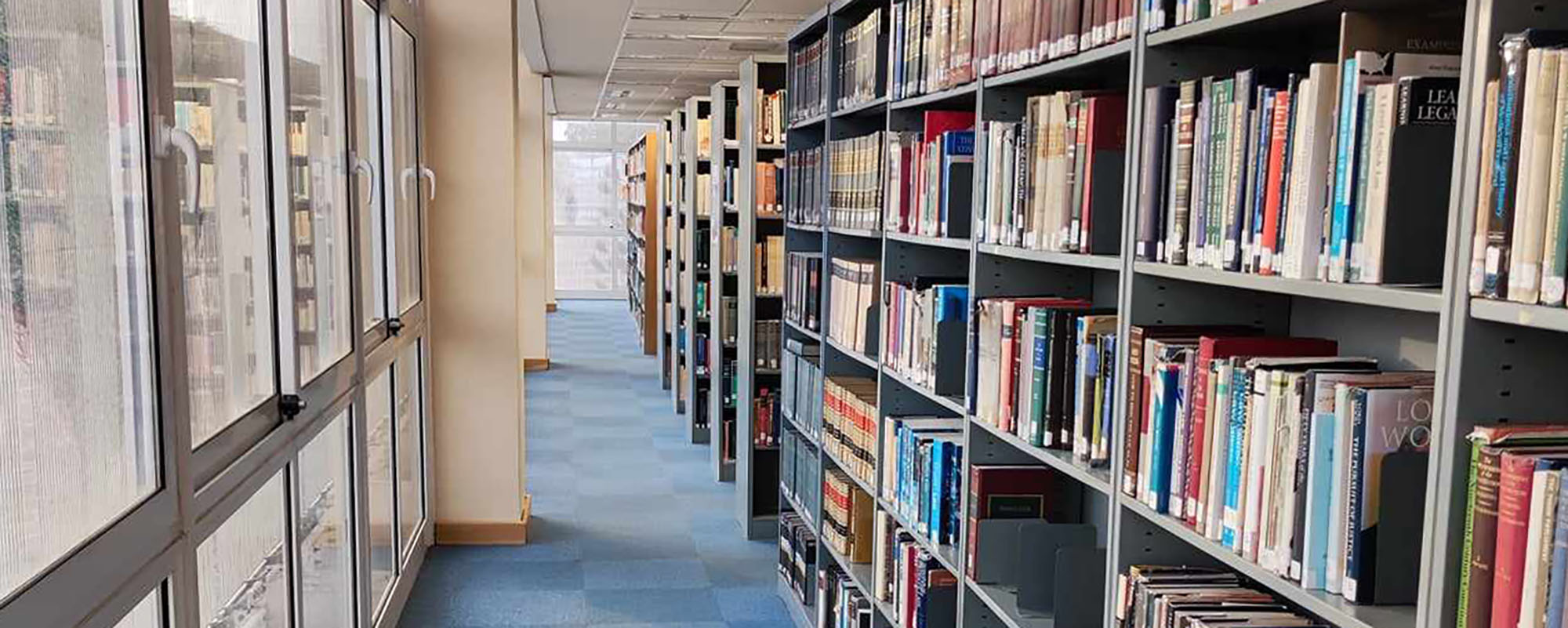Valletta 2018 in collaboration with Arts Council Malta
Knowing who your customers are is a fundamental part of starting and operating any kind of business. After all, if you don’t know who you’re targeting and what their needs and interests are, how can you know how best to serve and engage with them?
The concept is logical—and yet most cultural operators in Malta would agree that their artistic programming is often carried out with a restricted view of their audiences. While arts organisations often recognise the need to grow and develop audiences, approaches that place these same audiences at the centre of their thinking are not always present. This results in decision-making based solely on ‘gut feeling’ assumptions and possibly haphazard investment, with the producers and commissioners behind each artistic endeavour often unable to predict potential success. More importantly, this could limit the ability to assess risk and determine financial feasibility.
Artists and audiences alike will benefit from such a vivid and detailed picture of the Maltese public’s tastes, interests and methods of cultural consumption.
The latter is in fact one of the most troubling aspects of arts programming. While government grants can go some way towards helping the realisation of artistic projects, they are meant to be a stepping stone to private investment. But the lack of data on the scene and its audience means cultural operators will inevitably have to shoulder all the risk. Understandably reluctant to step into this scenario, potential investors back out. Artists are left stranded. The creative economy suffers.
Arts Council Malta and the National Statistics Office in collaboration with the Valletta 2018 Foundation have carried out the third edition of the Culture Participation Survey. A primary aim was to obtain a better picture of cultural life in Malta and how it is consumed. Using data collected in November 2016, the survey takes a value-based approach to cultural participation, leading to response data that can be used to segment audiences by attitudes and preferences, and categorise them into distinct demographic and psychographic profiles. This edition of the survey is also particularly notable for the emphasis it places on digital cultural engagement, which featured far less prominently in the 2011 edition. The survey findings will be published in June.
‘For Arts Council Malta, the survey is a tool for policy-making, to understand how people engage in cultural activities and obtain insight into what motivates and hinders such engagement, enabling us to tailor policy initiatives that widen access to the arts,’ says Adrian Debattista, Research Associate at Arts Council Malta. ‘It can also be used as a shared knowledge base for artistic programmers and artists themselves to inform their audience development strategies, for academics and researchers who want data to refer to, and for people involved in arts marketing and fundraising who can, for instance, present potential sponsors with concrete figures in terms of the target audience, increasing the likelihood of a successful sponsorship.’
Artists and audiences alike will benefit from such a vivid and detailed picture of the Maltese public’s tastes, interests, and methods of cultural consumption. Such an aggregated view of cultural participation means operators will be less solely dependent on their subjective perception of their audiences—and more aware of how the audiences perceive them in return.





Comments are closed for this article!